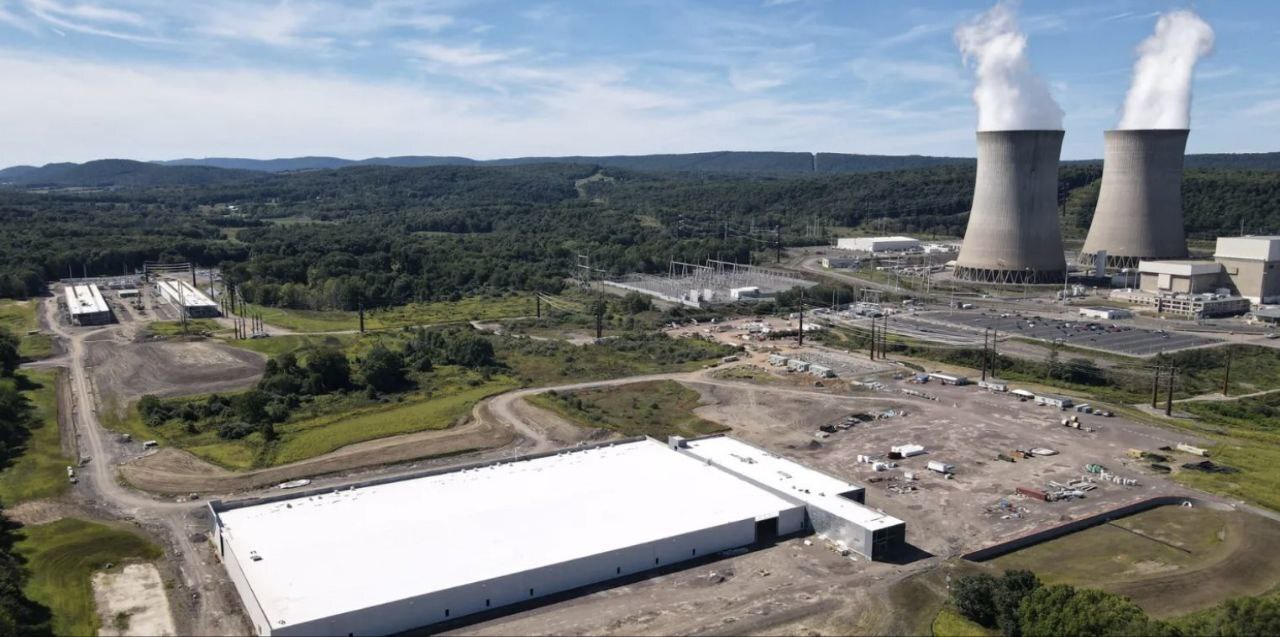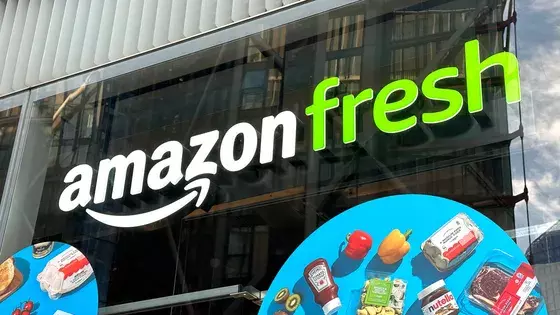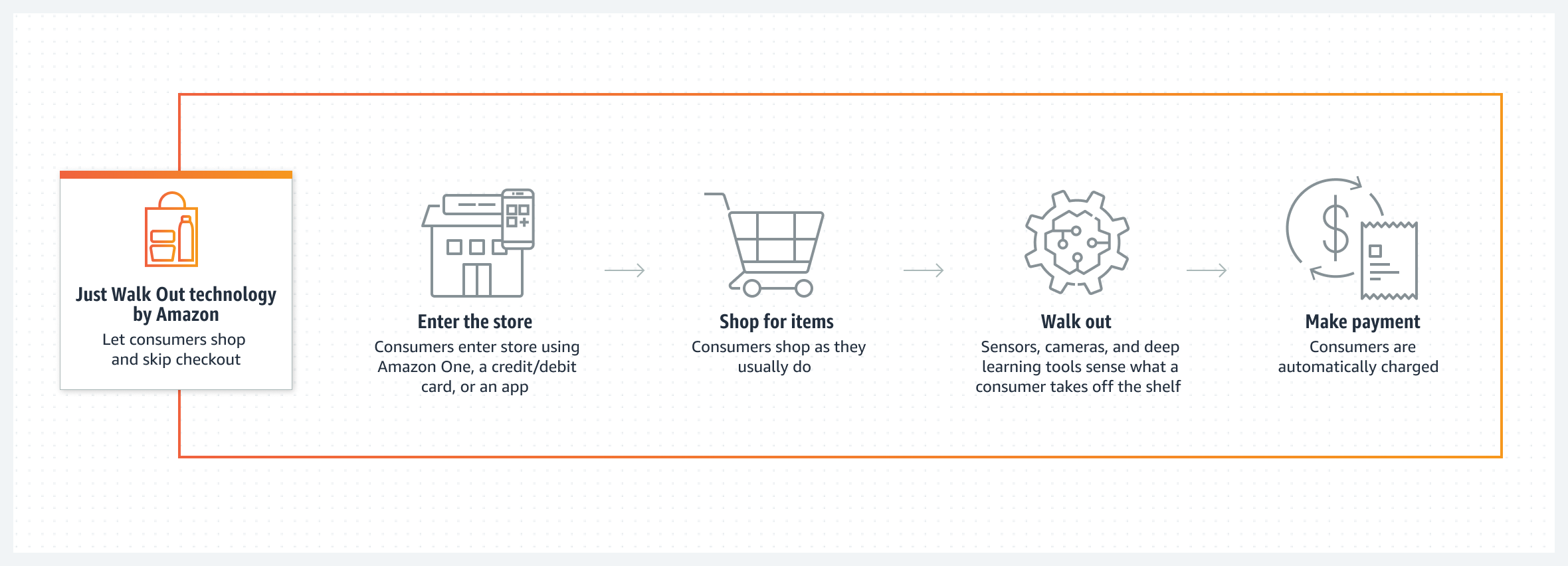#amazon
Arte-Doku „Tax Wars – Krieg der Steuern“: Die Großen zur Kasse bitten
Eine Arte-Doku erzählt vom weltweiten Kampf gegen Steuerflucht von Großkonzernen. Trotz der großen Ungerechtigkeit gibt es einige Hoffnungsschimmer.#Steuervermeidung #Steuern #Arte #Gerechtigkeit #Steueroase #JeffBezos #Amazon #Medien #Gesellschaft
Arte-Doku „Tax Wars – Krieg der Steuern“: Die Großen zur Kasse bitten
One person like that
1 Shares
Ratenzahlung beim Online-Shopping: Gleich gekauft, später verschuldet
Einfache Optionen zur Ratenzahlung – das ist beim Einkauf im Internet Standard. Doch das Risiko solcher Angebote ist hoch.#Verbraucherschutz #Schulden #Online-Shopping #Paypal #Amazon #Konsum #Öko
Ratenzahlung beim Online-Shopping: Gleich gekauft, später verschuldet
One person like that
World’s top #banks #greenwashing their role in destruction of the #Amazon | #AmazonRainforest | The Guardian
#Environment #Biodiversity #Deforestation #Ecology #Wildlife #Rainforests
4 Likes
FAA Greenlights Amazon Drone Delivery Beyond Visual Line Of Sight

With FAA clearance secured, Amazon is set to begin drone deliveries later this year in College Station, Texas, where the company began its drone deliveries in 2022. According to Amazon, this regulatory approval paves the way for it to reach customers in densely populated areas, laying the foundation for scaling operations across the United States.
What could go wrong? Aside from the constant noise and potential for accidents, this will launch a whole new class of "porch pirates" following these around neighbourhoods. The comments on that article outline many of the concerns, like how will this work for apartments, etc...
#Amazon #drone #drones #aviation #aircraft #US #UnitedStates #AVweb #news
3 Likes
9 Likes
11 Comments
3 Shares
Grundrechtereport für 2024: Freiheitscheck im Taschenbuchformat
Der Grundrechtereport versteht sich als Bericht über den Zustand der Demokratie im Land. Bei der Bilanz 2023 geht es um Zuwanderung – und Amazon.#Grundrechtereport #Amazon #Demokratie #Meinungsfreiheit #Grundgesetz #Deutschland #Politik #Schwerpunkt
Grundrechtereport für 2024: Freiheitscheck im Taschenbuchformat
One person like that
More than third of Amazon rainforest struggling to recover from drought, study finds
The Guardian
‘Critical slowing down’ of recovery raises concern over forest’s resilience to ecosystem collapse.
(Text continues underneath the photo.)

Drought last year left the Amazon’s rivers, including the Rio Negro tributary, at record low levels. Photograph: Andre Coelho/EPA.
More than a third of the Amazon rainforest is struggling to recover from drought, according to a new study that warns of a “critical slowing down” of this globally important ecosystem.
The signs of weakening resilience raise concerns that the world’s greatest tropical forest – and biggest terrestrial carbon sink – is degrading towards a point of no return. (...)
They found 37% of the mature vegetation in the region exhibited a slowing-down trend. While the patterns varied from area to area, they concluded that the highly deforested and degraded south-eastern Amazon was most vulnerable to a “tipping event”: in other words, a calamitous decline of the tropical rainforest to a different, drier state. (...)
The paper says the slowing recovery rate of the forest may be an “early indicator” of large-scale ecosystem collapse. (...)
“The message to policymakers is that we must protect the forest that is still there, especially in the south of the Amazon. Farmers should stop cutting forest because they lose out when this reduces rainfall,” Van Passel said. “We must stop climate change. We have all this information, now let’s act on it … I’m worried, but hopeful.”
Tags: #amazon #rain_forest #brazil #brazilie #drought #climate #climate_change #climate_crisis #global_warning #deforestation #rainfall

#Amazon recently bought a data center campus in #Pennsylvania that is powered by a #nuclear #power plant.
Here's the crazy part:
This campus alone will draw 1/3 of it's total nuclear capacity (which is the 6th largest power plant in the US).
Still can't believe how Big Tech is staying out of the spotlight when it comes to the insane amount of power they require for their data centers.
https://electrek.co/2024/03/05/amazon-just-bought-a-100-nuclear-powered-data-center/
2 Likes
3 Comments
1 Shares
Vorwürfe gegen Temu
Billiges China-Bashing
Temu ist dabei, Amazon das Zepter im Onlinehandel aus der Hand zu reißen. Das sollte Anlass sein, solche Plattformen insgesamt besser zu regulieren.
Vorwürfe gegen Temu: Billiges China-Bashing
Temu ist dabei, Amazon das Zepter im Online-Handel aus der Hand zu reißen. Das sollte Anlass sein, solche Plattformen insgesamt besser zu regulieren.#Onlinehandel #Amazon #Regulierung #GNS #Alltag #Gesellschaft #Feed
Vorwürfe gegen Temu: Billiges China-Bashing
2 Likes
Regisseur des Videospiels „Fallout“: „Wir haben Zeit“
Todd Howard hat die Videospielwelt mit der „Fallout“-Reihe geprägt. An der Serienumsetzung für Amazon Prime war er nun als Produzent beteiligt.#Film #Regisseur #Atomwaffen #Amazon #Atomkraft #Medien #Gesellschaft #Schwerpunkt
Regisseur des Videospiels „Fallout“: „Wir haben Zeit“
One person like that
2 Likes
1 Comments
Exclusive: #YossiSariel unmasked as head of #Unit8200 and architect of #AI #strategy after book written under pen name reveals his #Google account
The embarrassing #security lapse is linked to a book he published on #Amazon, which left a digital trail to a private Google account created in his name, along with his unique ID and links to the #account’s maps and calendar profiles.
#Israel #internet #Anonymity #privacy #spy #military #CyberSecurity #news #online #leak #identity
2 Likes
1 Comments
One person like that
1 Comments
Amazon beendet „Just walk out“: Mensch ersetzt KI
Hinter den kassenlosen Märkten von Amazon steckten Mitarbeiter in Indien, zeigt eine Recherche. Ohne Ausbeutung funktioniert Bequemlichkeit nicht.#Ausbeutung #Amazon #künstlicheIntelligenz #Alltag #Gesellschaft
Amazon beendet „Just walk out“: Mensch ersetzt KI
One person like that

Le géant américain Amazon abandonne son système de paiement sans caisses.
Aux États-Unis, Amazon abandonne son service de magasins sans caisses. Une bonne nouvelle, qui témoigne de l’illusion des promesses de l’intelligence artificielle, et stoppe - un moment du moins - la marche inéluctable du progrès, qui tend à toujours plus de déshumanisation dans notre société du sans contact.
Depuis plus d'une décennie, le géant du numérique, qui dispose de magasins physiques principalement aux États-Unis et au Royaume-Uni, développe l'automatisation des achats à grand train. Des épiceries ultra-modernes plongent le client dans un monde fluide et mobile, au sein duquel l’acte d’achat devient quasiment transparent. Amazon a troqué ses caisses automatiques pour l’offre « Just Walk Out » : vous prenez des produits, vous sortez du magasin sans payer et, comme par magie, Amazon comptabilise vos achats et débite votre compte.
Un sentiment de liberté qui a un prix : accepter d’être l’objet d’une surveillance biométrique. Pour que le service fonctionne, le magasin est bardé de caméras qui suivent à la trace le parcours du client, et de capteurs qui mesurent sa forme et la taille de sa silhouette : des données enregistrées sans que l'acheteur n'en ait été clairement informé. C’est du moins l’avis d’un collectif new-yorkais qui a porté plainte pour dénoncer ces pratiques.
Autre problème : le système, loin d’être parfait, a engendré de nombreux bugs. Il nous suffit ici de convoquer nos expériences des caisses automatiques classiques pour nous rendre compte qu’une fois sur deux, nous avons besoin d’un humain pour résoudre les problèmes de la machine. Alors avec une technologie plus complexe...
Derrière l'IA : le prolétariat numérique
Mardi 2 avril, The Information a dévoilé que le système "automatisé" employait en réalité des humains. Une découverte qui brise le mythe de l’intelligence artificielle, généralement perçue comme une autorité suprême fonctionnant toute seule. Derrière l’IA il y a bien souvent une main-d’œuvre précaire qui est exploitée. Elle exerce de petites tâches qui ont pour but de donner l’impression au consommateur que la grande machine fonctionne par elle-même.
Selon le média américain, plus de mille employés indiens étaient embauchés par Amazon pour regarder les images des caméras, classer les articles dans des familles de produits, et les attribuer aux clients. Une force de travail payée une misère nommée « les travailleurs du clic » : des micro-tâcherons ou le prolétariat du numérique, qu'Antonio Casilli analyse dans son enquête En attendant les robots.
Pour résumer : Amazon a préféré installer un système onéreux de caméras défaillantes, exploiter mille Indiens à l’autre bout du monde pour entretenir le mirage technologique, plutôt que d’embaucher quelque caissiers salariés, qui auraient pu - au passage - offrir un contact humain.
Une nouvelle qui illustre l’absurdité d’un tout technologique, bien que chassée d’un revers de la main par une autre actualité. La société française Ingenico envisage de développer en France (une autre idée d’Amazon) le paiement en caisse via la paume de la main. Un système de reconnaissance soi-disant sécurisé, qui scanne notre schéma veineux. Décidément, le tapis roulant du progrès ne s'arrête jamais...
1 Shares
















